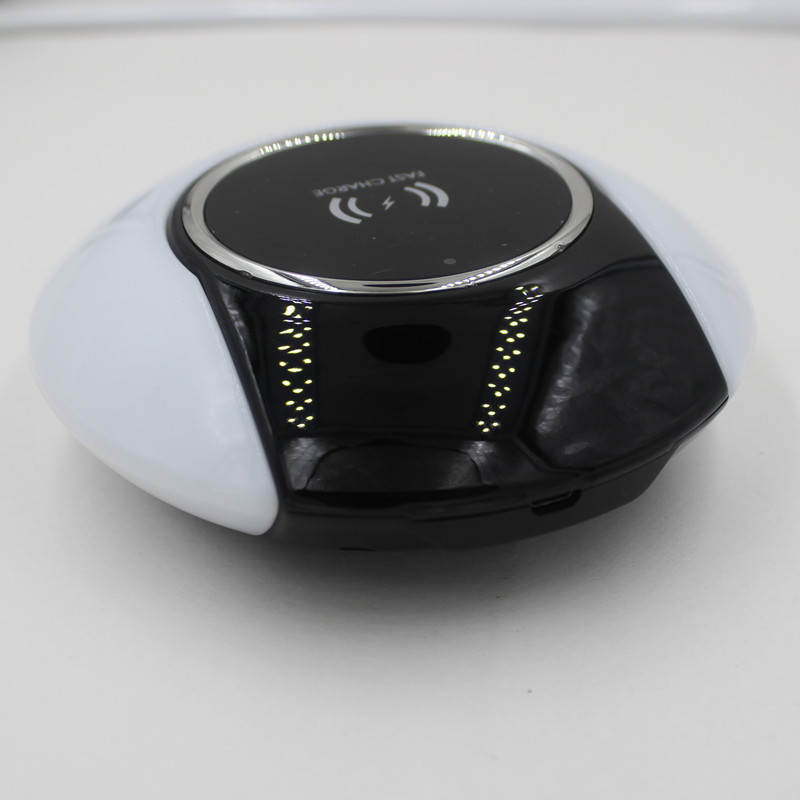Introduction to Die Base
In the rapidly evolving landscape of global manufacturing, Saudi Arabia is making significant strides with groundbreaking innovations. Among the latest advancements is the discovery and application of Die Base technology, which promises to revolutionize various manufacturing sectors within the kingdom. This article delves into what Die Base is, its significance, advancements, and the future potential it holds for Saudi Arabia.
Understanding Die Base Technology
Die Base technology, at its core, is a material innovation that enhances the durability, efficiency, and adaptability of manufacturing processes. Essentially, Die Base refers to the foundation material used in molds and dies, which are critical components in shaping and molding materials in industrial manufacturing. Traditionally, these bases were made from heavy metals and alloys, but recent advancements have led to the development of new composite materials that offer superior performance and versatility.
The Significance of Die Base in Modern Manufacturing
The manufacturing sector in Saudi Arabia has long sought ways to improve efficiency, reduce costs, and enhance the quality of its outputs. Die Base technology plays a pivotal role in achieving these goals due to its several key benefits:
- Increased Durability: The new composite materials used in Die Base construction are extremely durable, which extends the lifespan of molds and dies, reducing the frequency of replacements.
- Enhanced Precision: Advanced Die Base materials allow for greater precision in the manufacturing process, leading to higher quality products and less waste.
- Cost Efficiency: Although the initial investment in Die Base technology might be higher, the long-term savings due to reduced maintenance and increased output quality make it a cost-effective choice.
- Versatility: Modern Die Base materials can be customized to suit a wide range of industrial applications, making them adaptable to various manufacturing needs in Saudi Arabia.
Advancements in Die Base Technology
Recent years have seen significant advancements in the materials and processes associated with Die Base technology. Innovations such as engineered composites, advanced metal alloys, and novel ceramic materials have expanded the possibilities for Die Bases. These advancements bring a host of new features that benefit Saudi Arabian manufacturers:
- Engineered Composites: These materials are designed to offer exceptional strength, lightweight properties, and heat resistance. They are ideal for high-stress manufacturing environments where precision is critical.
- Advanced Metal Alloys: Modern alloys provide enhanced thermal conductivity and wear resistance, which are vital for maintaining the integrity of molds and dies under high-temperature conditions.
- Novel Ceramic Materials: Ceramics have emerged as a popular material for Die Bases due to their hardness and thermal stability. They are particularly useful in applications that involve high-speed machining and abrasive conditions.
Die Base in Saudi Arabian Industries
Saudi Arabia's industries stand to benefit immensely from the adoption of Die Base technology. The kingdom's Vision 2030 initiative aims to diversify the economy and reduce its dependency on oil by fostering growth in manufacturing, technology, and industrial sectors. Die Base technology aligns perfectly with these goals, offering significant improvements in several key industries:
- Automotive Manufacturing: The automotive sector can leverage Die Base technology to produce high-quality, durable components, reducing the need for imports and boosting local manufacturing capabilities.
- Aerospace: With its need for precision and durability, the aerospace industry can greatly benefit from advanced Die Base materials, enhancing the production of intricate components and ensuring higher safety standards.
- Construction: The construction industry can use Die Base technology to manufacture more durable and precise building components, aiding in the development of resilient infrastructure.
- Consumer Goods: The consumer goods sector can adopt Die Base technology to improve production efficiency and product quality, catering to the growing demand for high-quality goods in the region.
Case Studies: Success Stories from Saudi Arabian Companies
Several Saudi Arabian companies have already begun integrating Die Base technology into their manufacturing processes with promising results. Here are a few success stories:
Case Study 1: Saudi Arabian Automotive Parts Manufacturer
A leading automotive parts manufacturer in Saudi Arabia recently adopted engineered composite Die Base materials for the production of engine components. The switch resulted in a 20% increase in production efficiency and a 15% reduction in waste, significantly lowering overall costs.
Case Study 2: Aerospace Component Producer
An aerospace component producer in the kingdom utilized advanced metal alloys for their molds and dies. This led to improved precision in production and enhanced durability of components, meeting the stringent safety and quality standards required in the aerospace industry.
The Future Potential of Die Base Technology
The future of Die Base technology in Saudi Arabia looks incredibly promising. As research and development continue to advance, new materials and processes will emerge, further enhancing the capabilities of Die Base technology. Several trends could shape the future of Die Bases in Saudi Arabian manufacturing:
- Sustainable Materials: There is a growing focus on sustainability in manufacturing. Future Die Base materials may incorporate eco-friendly components, reducing the environmental impact of manufacturing processes.
- Smart Materials: The integration of smart materials that can adapt to changing environmental conditions could revolutionize Die Base technology, offering unprecedented levels of efficiency and adaptability.
- Customization and Flexibility: Advances in technology will enable greater customization of Die Base materials to meet specific manufacturing needs, offering tailored solutions for different industries.
Conclusion
The discovery and application of Die Base technology mark a new era for Saudi Arabian manufacturing. By integrating advanced materials and innovative processes, the kingdom's industries can achieve new levels of efficiency, precision, and cost-effectiveness. As Saudi Arabia continues to diversify its economy and embrace modern manufacturing techniques, Die Base technology will undoubtedly play a crucial role in shaping the future of its industrial landscape.

